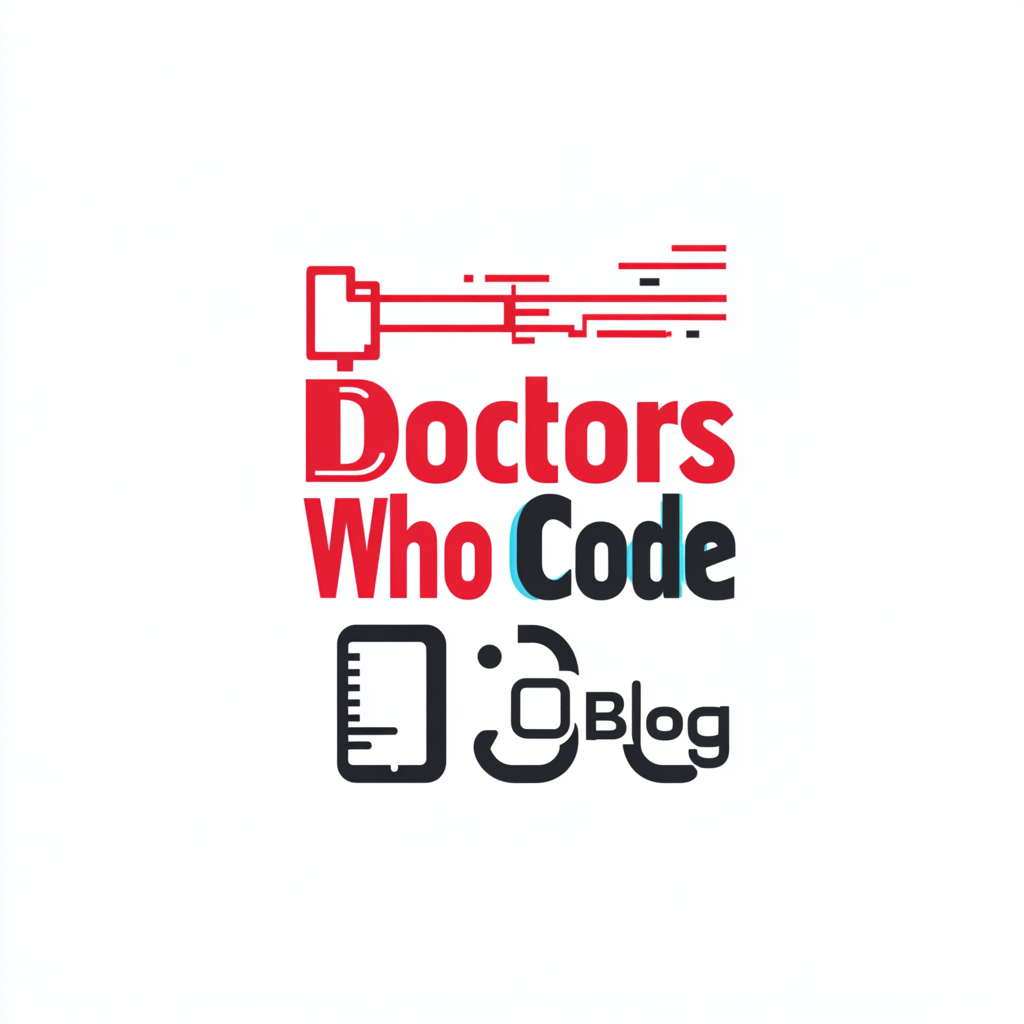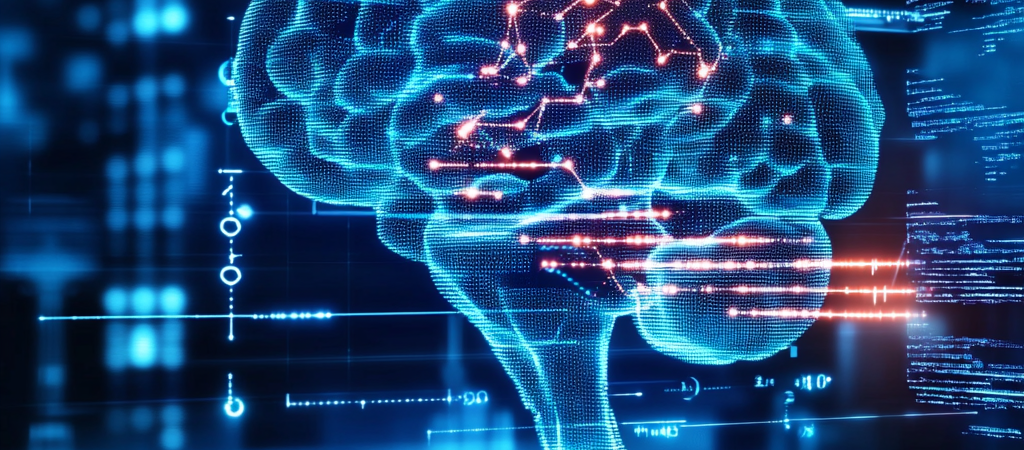Demystifying Quantum Computing: Unlocking New Frontiers in Healthcare and Medicine
Imagine a world where new life-saving drugs are discovered in days instead of decades. Where doctors can predict exactly how your body will react to a treatment before you take it. Where cancer can be detected so early that treatment becomes dramatically more effective. This isn’t science fiction – it’s the promise of quantum computing in medicine, and it’s closer than you might think.
Breaking Down the Quantum Revolution: What You Need to Know
Let’s start with something familiar. The device you’re using to read this article works like a super-fast calculator, processing information as 1s and 0s – like billions of tiny switches that are either on or off. But what if a switch could be on and off at the same time? Welcome to the mind-bending world of quantum computing.
Think of it this way: If you needed to find a specific person in a city, a regular computer would check each house one at a time. A quantum computer? It checks every house simultaneously. This isn’t just faster – it’s a completely different way of solving problems, and it’s transforming medicine as we know it.
Real-World Impact: Where Quantum Computing Is Already Making Waves
Finding Tomorrow’s Cures, Today
Remember when developing a new drug took 10-15 years and billions of dollars? Quantum computers are changing that story. Instead of testing thousands of compounds in a lab, these machines can simulate how molecules interact with potential drugs in seconds. It’s like having a crystal ball that shows which medications will work before they’re even made.
For example, researchers are using quantum computing to tackle Alzheimer’s disease. By simulating protein folding – a process too complex for traditional computers – they’re identifying new treatments that could stop the disease before symptoms even appear.
Your DNA, Your Treatment: The Rise of Personalized Medicine
We all know that one-size-fits-all medicine isn’t ideal. Your genetic makeup is unique, so shouldn’t your treatment be too? Quantum computers can analyze your entire genetic code in detail that was previously impossible, helping doctors prescribe treatments that work specifically for you.
Seeing the Unseeable: Revolutionary Medical Imaging
Remember those grainy, hard-to-read medical scans? Quantum computing is making them crystal clear. But it goes beyond just prettier pictures – these enhanced images help doctors spot diseases like cancer at their earliest stages, when treatment is most effective.
AI Gets a Quantum Boost
Artificial intelligence is already impressive in healthcare, but quantum computing takes it to another level. Imagine AI systems that can predict disease outbreaks before they happen or identify subtle patterns in patient data that even experienced doctors might miss.
The Game-Changer: Google’s Willow Quantum Chip
Here’s something exciting: Google’s new Willow quantum chip can solve problems in minutes that would take traditional computers billions of years. It’s like upgrading from a bicycle to a spaceship. With 105 qubits (quantum bits) and groundbreaking error correction, it’s making the quantum future of medicine more real than ever.
What This Means for You
The quantum revolution in healthcare isn’t just about fancy technology – it’s about real improvements in how we prevent, diagnose, and treat diseases. Imagine:
- Getting treatments tailored specifically to your genetic makeup
- Having diseases detected and treated before they become serious
- Accessing new, more effective medications developed in a fraction of the time
- Spending less time waiting for medical care thanks to optimized hospital systems
Challenges on the Horizon
Of course, there are hurdles to overcome. Quantum computers are still expensive and complex. We need to ensure patient data stays private and secure. Healthcare professionals need training to use these new tools effectively. And perhaps most importantly, we need to make sure these advances benefit everyone, not just a privileged few.
Looking to the Future
While quantum computing might sound like something from Star Trek, it’s already transforming healthcare. From drug discovery to personalized medicine, from enhanced imaging to AI-powered diagnostics, we’re entering a new era of medical possibilities.
Want to stay updated on how quantum computing is reshaping healthcare? Join the conversation at Doctors Who Code. Whether you’re a healthcare professional, tech enthusiast, or just curious about the future of medicine, your voice matters in shaping this quantum revolution.
Essential Reading List for Quantum Computing Enthusiasts
Whether you’re a beginner or someone with a technical background, these books and resources provide a comprehensive understanding of quantum computing:
Beginner-Friendly Reads
1. “Quantum Computing for Everyone” by Chris Bernhardt
– A non-technical introduction that explains key concepts like superposition and entanglement in an accessible way. Perfect for beginners.
2. “Quantum Physics for Beginners” by Carl J. Pratt
– Breaks down the basics of quantum mechanics, making it a great stepping stone into the quantum computing world.
3. “The Age of Quantum Computing: What It Means for You” by Chris R. Hughes
– A concise overview of how quantum computing will transform industries, from finance to healthcare.
4. “Quantum Mechanics: The Theoretical Minimum” by Leonard Susskind and Art Friedman
– A clear, practical introduction to the fundamentals of quantum mechanics with no prior background required.
Intermediate Reads
1. “An Introduction to Quantum Computing” by Phillip Kaye, Raymond Laflamme, and Michele Mosca
– Covers the mathematics of quantum computing and introduces concepts like quantum gates and algorithms. Ideal for those with some technical knowledge.
2. “Quantum Computing Explained” by David McMahon
– A hands-on guide for readers interested in the mathematical underpinnings of quantum computing.
3. “Quantum Computation and Quantum Information” by Michael A. Nielsen and Isaac L. Chuang
– Often considered the “Bible” of quantum computing, this book is a must-read for anyone diving deeper into the field.
4. “Dancing with Qubits: How Quantum Computing Works and How It Can Change the World” by Robert Sutor
– A business-focused yet thorough exploration of quantum computing’s practical applications.
Advanced and Technical Reads
1. “Quantum Computing: A Gentle Introduction” by Eleanor Rieffel and Wolfgang Polak
– Balances technical rigor with clear explanations, making it suitable for advanced learners.
2. “Principles of Quantum Mechanics” by R. Shankar
– Provides a detailed understanding of the physics behind quantum computing for readers with a solid grasp of mathematics.
1. “Quantum Algorithms via Linear Algebra: A Primer” by Richard J. Lipton and Kenneth W. Regan
– A focused look at quantum algorithms through the lens of linear algebra.
1. “Introduction to Quantum Mechanics” by David J. Griffiths and Darrell F. Schroeter
– A detailed exploration of quantum mechanics that lays the groundwork for understanding quantum computing.
Focused on Applications
1. “Quantum Computing Since Democritus” by Scott Aaronson
– Explores philosophical, mathematical, and computational ideas related to quantum computing.
1. “Superintelligence: Paths, Dangers, Strategies” by Nick Bostrom
– Examines the intersection of quantum computing, AI, and their implications for the future.
1. “The Quantum Internet: The Second Quantum Revolution” by Peter P. Rohde
– Explores how quantum communication technologies could reshape the internet.
Online Resources
1. Qiskit Textbook (Free)
– Qiskit.org offers an interactive textbook for learning quantum programming with IBM’s quantum computers.
1. Google Quantum AI Research Blog
– Stay updated on cutting-edge developments in quantum computing from Google’s research team.
1. MIT OpenCourseWare: Quantum Physics
– ocw.mit.edu provides free lecture materials to learn the fundamentals of quantum mechanics.
1. Quantum Country
– quantum.country is an interactive resource that introduces quantum computing concepts with innovative memory techniques.
1. Microsoft Learn: Quantum Development Kit
– A practical tool for learning quantum programming using Microsoft’s Q# language.
Recommended Podcasts and Videos
– Podcast: “Quantum Computing Now” by Sebastian Hassinger
– YouTube Channel: “MinutePhysics” (Quantum Computing Series)
– TED Talk: “A Quantum Future: What Comes Next?” by Shohini Ghose
By exploring these resources, you’ll gain a well-rounded understanding of quantum computing, from foundational principles to its groundbreaking applications across industries.
Keywords: quantum computing in medicine, healthcare technology, personalized medicine, drug discovery, medical imaging, quantum diagnostics, Google Willow chip, future of healthcare, AI in medicine, quantum healthcare revolution

